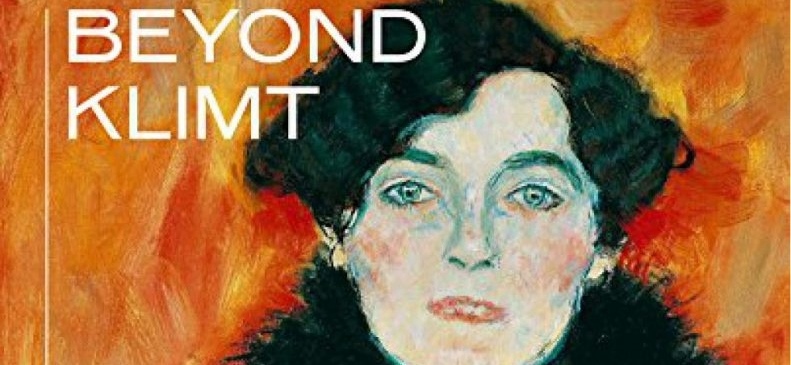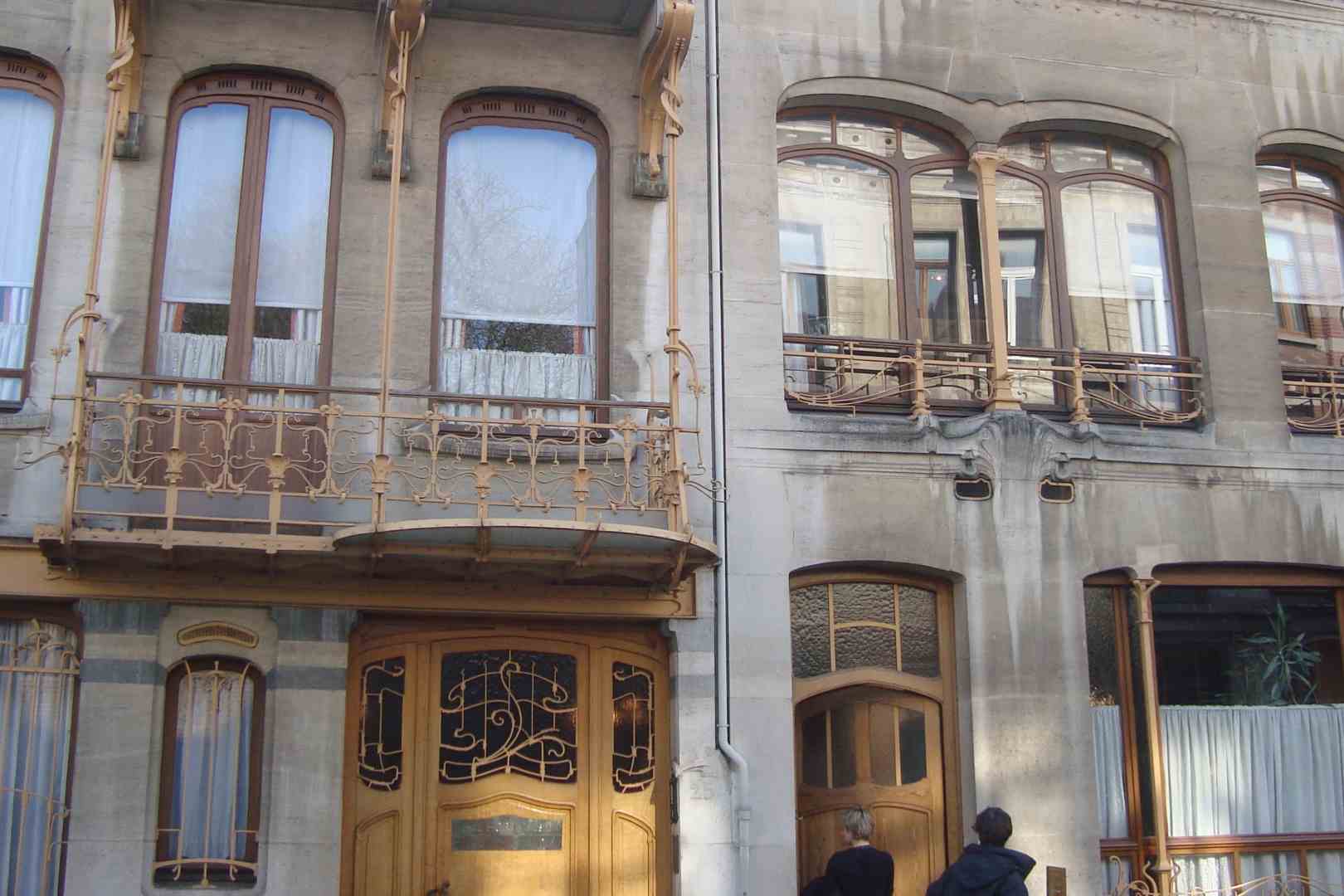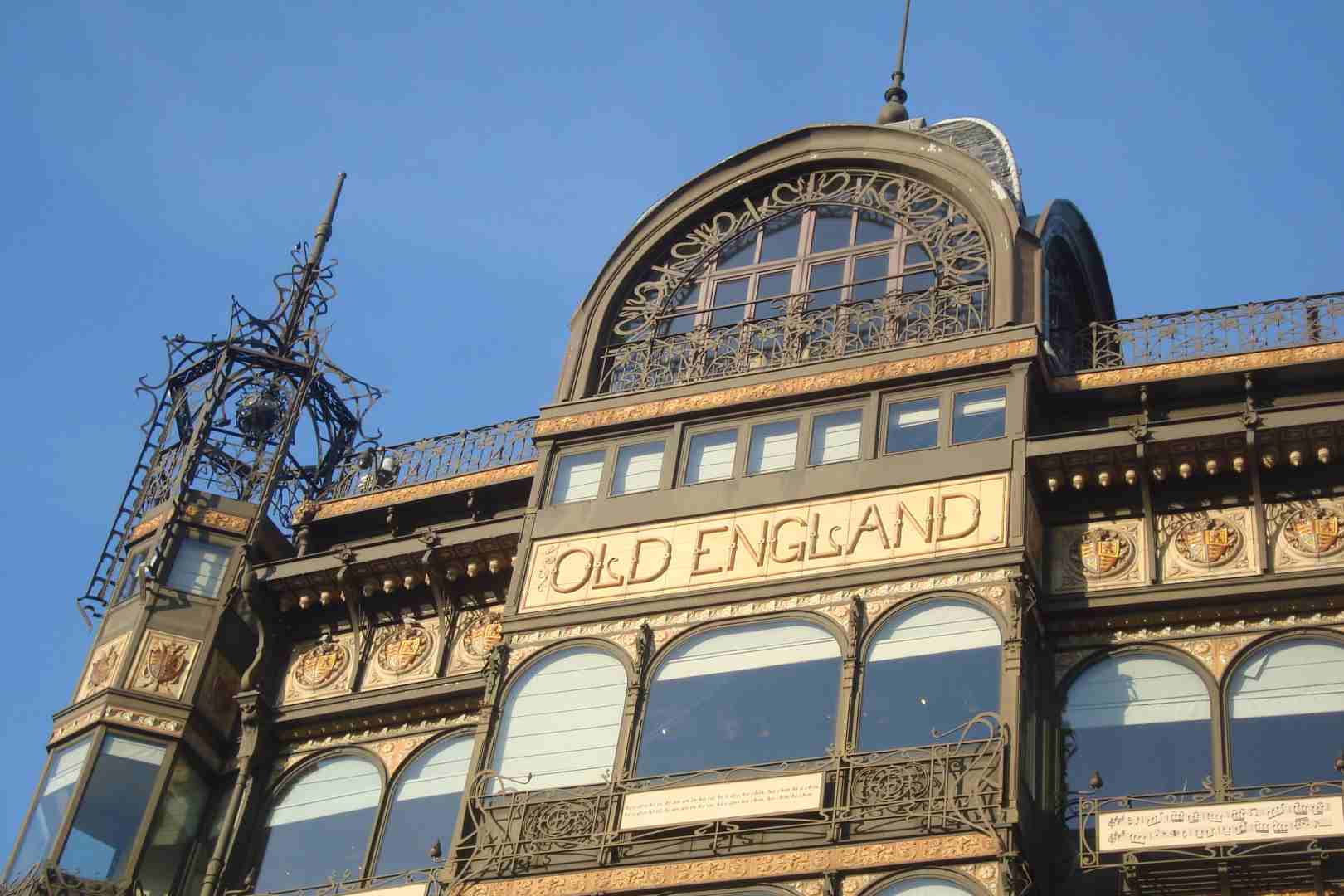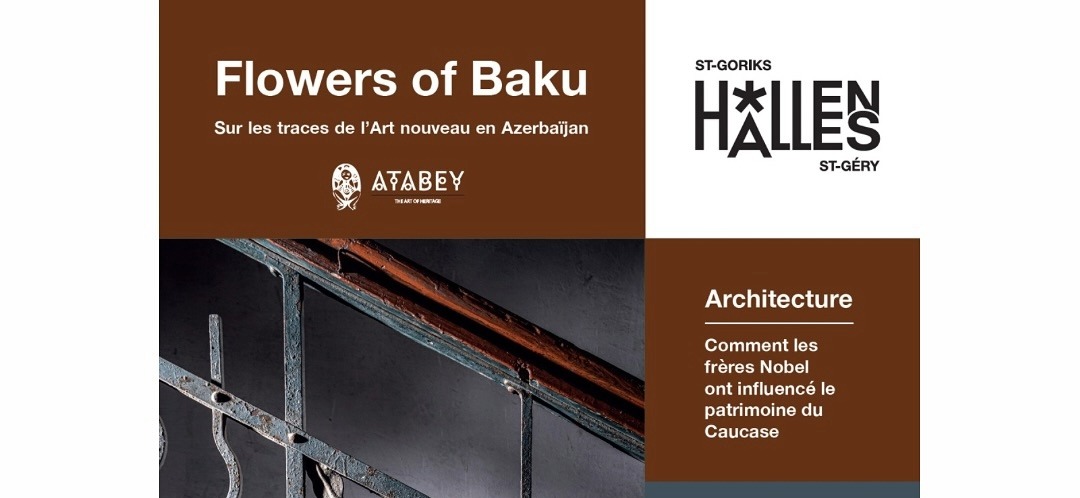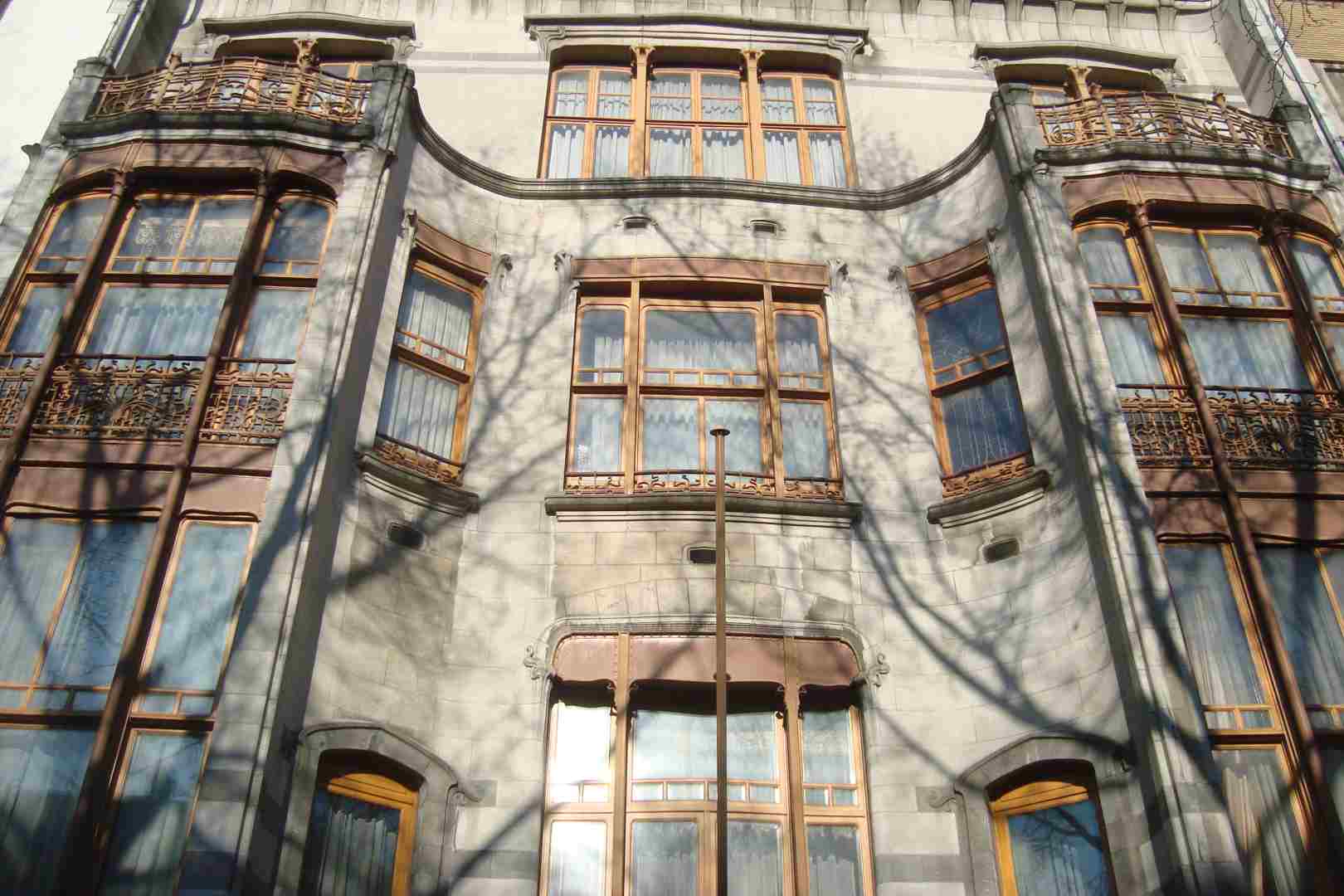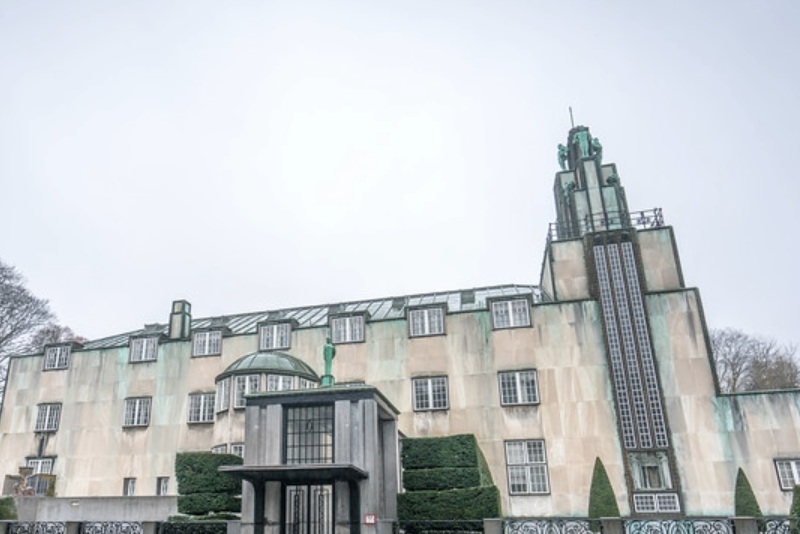Exactly 100 years after the death the fathers of the Viennese Secession (Klimt, Schiele, Moser and Wagner), the exhibition Beyond Klimt investigates the dense exchange of ideas that led to the emergence of avant-garde movements such as surrealism, expressionism, new realism, constructivism, Bauhaus. On show there are works of about 80 artists, besides Klimt and Schiele himself, including Oskar Kokoschka, Koloman Moser, László Mohaly-Nagy, František Kupka and Alfred Kubin.
Gustav Klimt (1862 – 1918) has always been considered a mentor for many successive generations of artists, as he had embodied the artistic imagination of the Vienna Fin de Siècle, promoting the drive towards the internationalization of art with the Viennese Secession. His favorite pupil was Egon Schiele (1890 – 1918).
The end of WWI and the Austro-Hungarian Empire also meant the revival of major developments in the art world. Political and economic shifts led to artistic migrations, new ideas and perspectives and new artistic networks sprang up all over the place. Artists met up in arts centres and international associations and used magazines to communicate across political borders. They believed their artistic identity was more important than their nationality.
The exhibition was displayed at the Belvedere in Vienna until August 26 and after a month dedicated to transport of the artworks, this autumn will be at display in the Centre for Fine Arts in Brussels from September 21st to January 20th.
The exhibition takes place at Bozar, Rue Ravenstein 23 Brussels. Prices to get in are quite expensive, from 14€ to 16€, but under 26 or unemployed have a reduced entry rate of 2€ on Wednesday.
The exhibition is organised by the Belvedere, Vienna and the Centre for Fine Arts, Brussels (BOZAR) in cooperation with the Museum of Fine Arts, Budapest – Hungarian National Gallery.
The Centre for Fine Arts is a cultural venue in Brussels, Belgium. Often referred to as \”BOZAR\” or \”PSK\”, the building was completed in 1929 at the instigation of Henry Le Bœuf (1874–1935) and includes exhibition and conference rooms, a cinema and a concert hall, which serves as home to the National Orchestra of Belgium.
Explore Brussels with tailored private tours and updates on city news at our Brussels Art Nouveau Club page. Don’t miss our top-rated tour, Brussels: Art Nouveau Birthplace, where visitors can step into the heart of Art Nouveau’s origins, experiencing the architectural masterpieces and stories behind this influential movement.
If you love Klimt, going to Vienna is a great idea. Our Gustav Klimt Highlights in Vienna private tour takes you into the heart of Vienna’s Art Nouveau scene, uncovering Klimt’s masterpieces and the vibrant world he inhabited.

